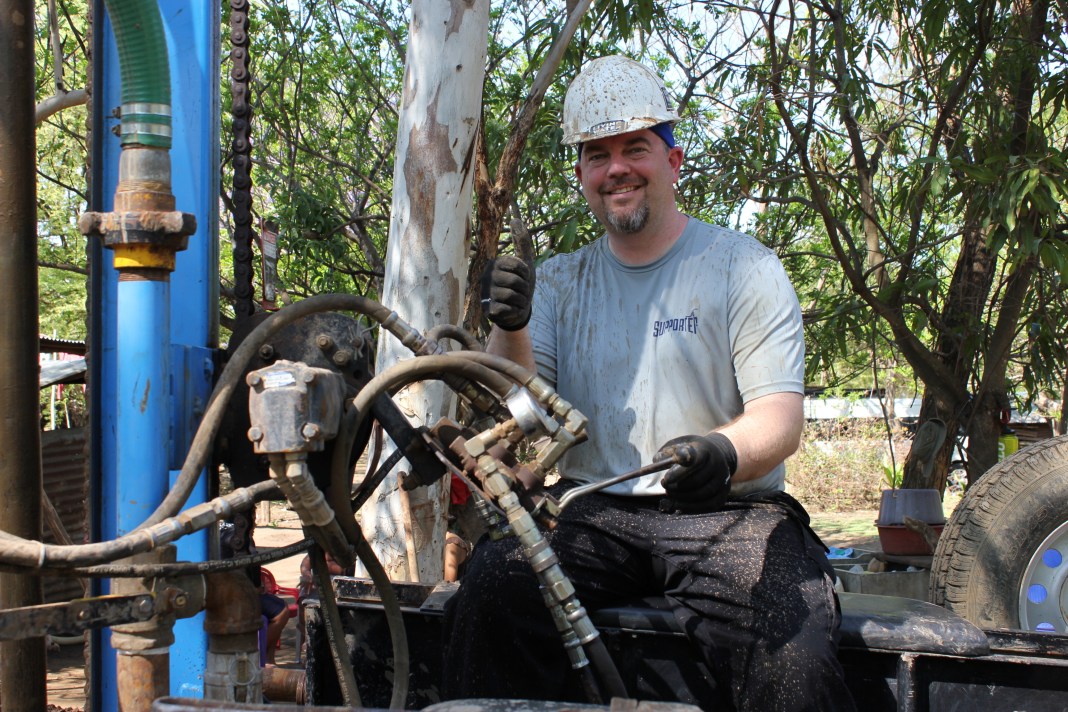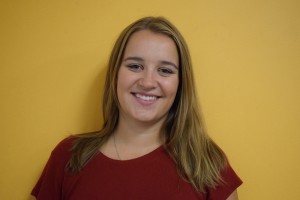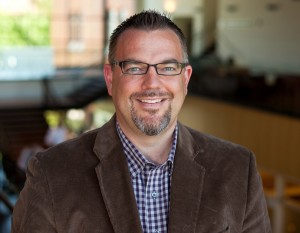By Sarah Cornell-Maier
When I think of social innovation, the first thing that comes to mind is a creative combination of new social practices and existing infrastructure. Some useful examples include certified fair trade organizations, which provide equity in trading relationships through an integrated supply chain, and the new Enable Talk smartphone app, which allows sign language to be translated into speech, giving people with hearing impairments the ability to communicate with hearing peers.
What is Social Innovation?
Social innovation differs from other types of innovation in that it uniquely works to solve issues that communities face in the social realm.
At Pacific Lutheran University, we begin by investigating political, social, environmental, and economic challenges, and then we apply attributes like critical thinking, inventiveness, and sustainable business design to imagine solutions to the problems. Social innovations can challenge human rights abuses, stigmas in society, and structural inequalities, just to name a few social concerns.
PLU’s approach to social innovation is also interdisciplinary- the curriculum draws from eleven departments and schools, including business, communications, history, English, computer science, political science, and economics–just to name a few disciplines. There are meaningful connections between the traditional liberal arts and the technical fields and professional schools.
The program is also carefully aligned with the University’s mission and fits well for those who want to make the world that we live in more equitable, just, and sustainable.
Social Innovation Projects at PLU
I got the chance to sit down with Professor Mark Mulder at PLU for a conversation about Social Innovation and his work in the field. Professor Mulder teaches in the School of Business and he specializes in Marketing and Consumer Behavior. He also has a background in Social Innovation, and frequently leads a program that works collaboratively with groups in Nicaragua to build wells and teach health-related issues to the community.
When it comes to social innovation, Mulder has a unique perspective on how and when it can be beneficial.
“When I look at social innovation,” Mulder said, “I look at individuals, I look at communities, and I look at what needs they have. As a potential partner, I begin by looking at what resources are present, and then how marketers, social impact organizations, businesses, and NGOs might come alongside and help to meet the needs that we have identified,” said Mulder.
The approach to solving social issues, Mulder said, “can look different depending on the community. It can look different depending on the solution, but what’s consistent is really the needs of the community, and how can we be innovative in a social way that really honors the individual and their community and allows them to flourish through things that are designed, mapped, and executed by the community.”
To date, Dr. Mulder has led six global service projects around clean water, assisting almost 2,000 community members in Honduras and Nicaragua to achieve reliable access to clean water.
When it comes to the Innovation Studies Minor program at PLU, social innovation is an integral aspect of the coursework.
“I’m excited for Innovation Studies, and I’m excited that this is the lens that students at PLU get to look through because that I think this is really rich- to be able to look at things from so many different perspectives,” said Mulder.
Professor Mulder continued with an analogy from the 1999 cult science-fiction classic, The Matrix.
“There’s a well-known effect in The Matrix called “bullet time” or “the big freeze” that slows everything down and allows the film’s characters to pause and consider what’s happening around them. I feel that the Innovation Studies program provides this kind of pause on our campus and in our lives.”
“PLU’s globally-focused curriculum and experiences give students a chance to slow down and look at the world we live in through new lenses. From the experience, we can consider new and innovative approaches to problems. Collectively, Social Innovation comes from this type of process.”
To learn more about the Innovation Studies program, visit the program’s website or contact program director Michael Halvorson.





